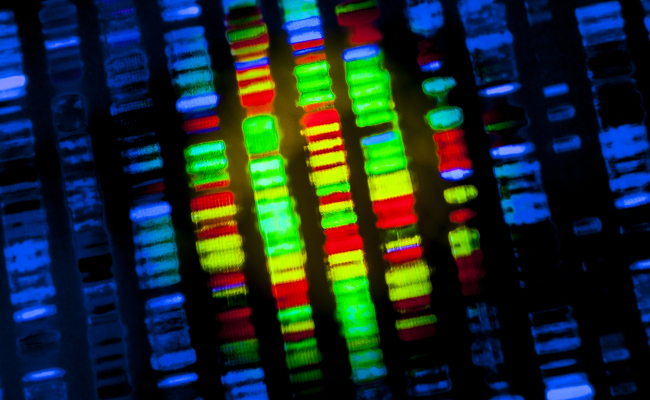
Genetics are not destiny, but they can be nice to know. That’s why doctors will sometimes run genetic tests on patients, and they can help influence a long-term health plan. That said, however, the news that 23andMe, the genetic testing company, is again allowed to run consumer DNA tests to look for disease risk is likely not going to be celebrated. In reality, this is opening a new Wild West in medicine where incredible advances might be made, but your privacy might be eradicated for good.
23andMe originally offered disease tests to go along with your ancestry and other data, but that was shut down by the FDA in 2013. The FDA was worried about the accuracy of the science, and also what people would do with the information the company was providing. The FDA has now allowed for data from tests by 23andMe to be sent to consumers. In the long term, it’s likely more services will spring up and that a genetic gold rush of sorts, a bid to get as many genomes as possible, seems all but inevitable.
On a personal level, the problem with genetic testing is the presence of a gene is not a slam-dunk indication of your future health. It’s not as simple as “You have this gene, so you’ll have this health problem.” There’s a lot we don’t know, most importantly the genetic variants and how genes interact to cause, or prevent, certain health problems. Your body doesn’t operate in a vacuum, after all; change one thing, and you change everything.
Nor are genetics the only factor in disease. You might be genetically inclined to type II diabetes, for example, but a few lifestyle changes, while not fun, will prevent you from actually getting it. And in a broader medical sense, this allows patients to add yet another test that might stress them out to the pile. How much testing is too much testing is the subject of enormous debate among doctors, who studies claim spend $210 billion on tests every year not to treat disease but to avoid malpractice suits.
Another problem here is the first rule of buying power: You get what you pay for. 23andMe doesn’t offer the complex genetic sequencing that’s often needed for a better diagnosis. Back in 2013, the company was criticized heavily for using three indicators to determine breast cancer risk when researchers study thousands. What you get for your money is a broad genetic overview, not a detailed picture. While services like that are available, they’re much more costly.
Even more worrying, from a privacy perspective, is that 23andMe, and those who will chase genetic gold behind it, are building an unprecedented genetic database. In some respects, having an enormous number of genomes on file isn’t a bad thing: 23andMe has over a million sets, and researchers are using data mining techniques to uncover, for example, genetic variants that are tied to clinical depression. But most of those people paid 23andMe for the privilege of selling their genome to the highest bidder. While 23andMe does take steps to anonymize data for users, and users can opt out of research at any time, that may not always be the norm, and even the most well-meaning of companies can’t guarantee anonymity as it stands right now. In the long run, genomes becoming public knowledge is a real concern.
Finally, the social implications of widespread genetic testing are unknown. While it’s easy to reel off science fiction scenarios from diseases genetically engineered to attack certain groups of people, to insurance companies hiking your premiums because of your genes, there have already been much more down to earth problems. 23andMe has, completely on accident, revealed decades-old infidelities and had adopted children finding their birth parents, who didn’t necessarily want to be discovered.
We do need more genetic testing, and a deeper genetic database. But without strong transparency laws, and limits on how this data can be used and who can access it, we’re opening the door to even more problems.
